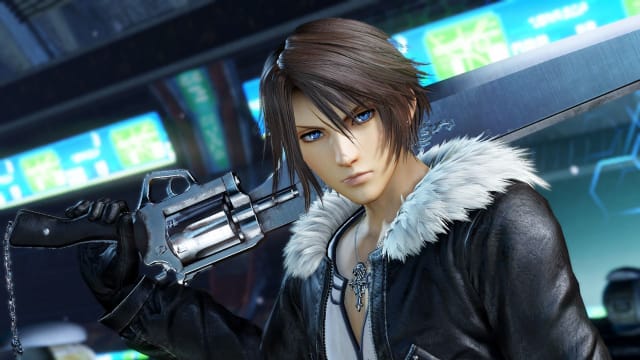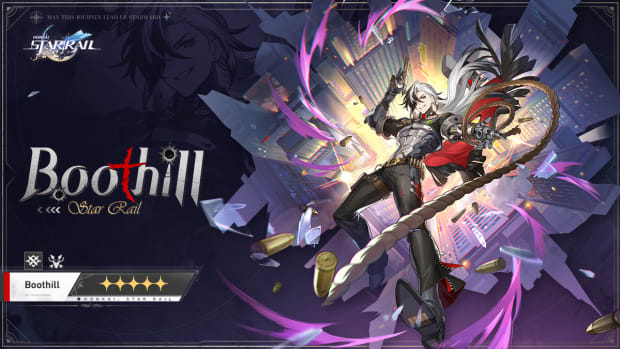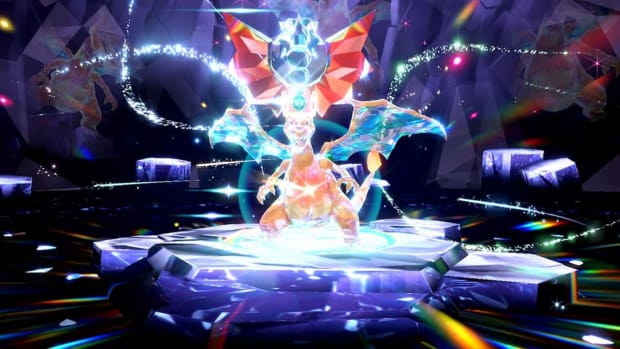
GLAAD survey highlights need for better representation in video games
Advocacy organization GLAAD released their first survey of the games industry, and the highlights show a strong need for better LGBTQ+ representation in video games. GLAAD’s Media Institute developed the report alongside market research firm Nielsen Games as part of GLAAD’s efforts to educate the games industry and encourage more authentic inclusion.
"The findings of this report send a powerful message to the industry: it is time to move past the idea that LGBTQ-inclusive games are a separate, niche category,” GLAAD president and CEO Sarah Kate Ellis said in a statement. “All games should strive to reflect the people who play them. And when one in five gamers are LGBTQ, any game with five or more characters has no excuse for lacking LGBTQ inclusion."
The report shows that one in five of people surveyed who play video games, or 17 percent, identify as LGBTQ+, an increase of 70 percent compared to Nielsen’s survey in 2020. GLAAD concluded based on evidence gathered that the increase stems from the increase in anti-LGBTQ legislation passed across the United States since 2021. The report says that those surveyed moved toward gaming to find a sense of community and safety, and 65 percent of participants said they rely on gaming to help them through challenging personal circumstances.
However, based on retail listings and content tags, less than two percent of video games on the market include LGBTQ+ characters or themes. 52 percent of people surveyed said they experienced harassment while playing online multiplayer games, 42 percent said they avoided playing a game over concerns of being harassed, and 27 percent quit outright after other players harassed them.
“LGBTQ gamers have growing influence in the gaming industry,” Stacie DeArmas, Nielsen2020’s senior vice president of diverse insights and initiatives, said in a statement. "For brands looking to engage LGBTQ gamers, creating a safe and inclusive environment must extend beyond the game itself - nearly 70 percent of respondents are less likely to buy from studios with a history of mistreating LGBTQ workers.”
And for those concerned about alienating potential audiences if they include LGBTQ themes or characters in their games, the GLAAD survey has some insight there as well. Seven out of 10 non-LGBTQ gamers surveyed said that a game including LGBTQ topics and characters would either have no influence on their purchase or would positively affect their attitude toward the game. 67 percent also said they appreciate video games that let them experience the perspectives of people who aren't just like them.
The full report is available on GLAAD's website.





